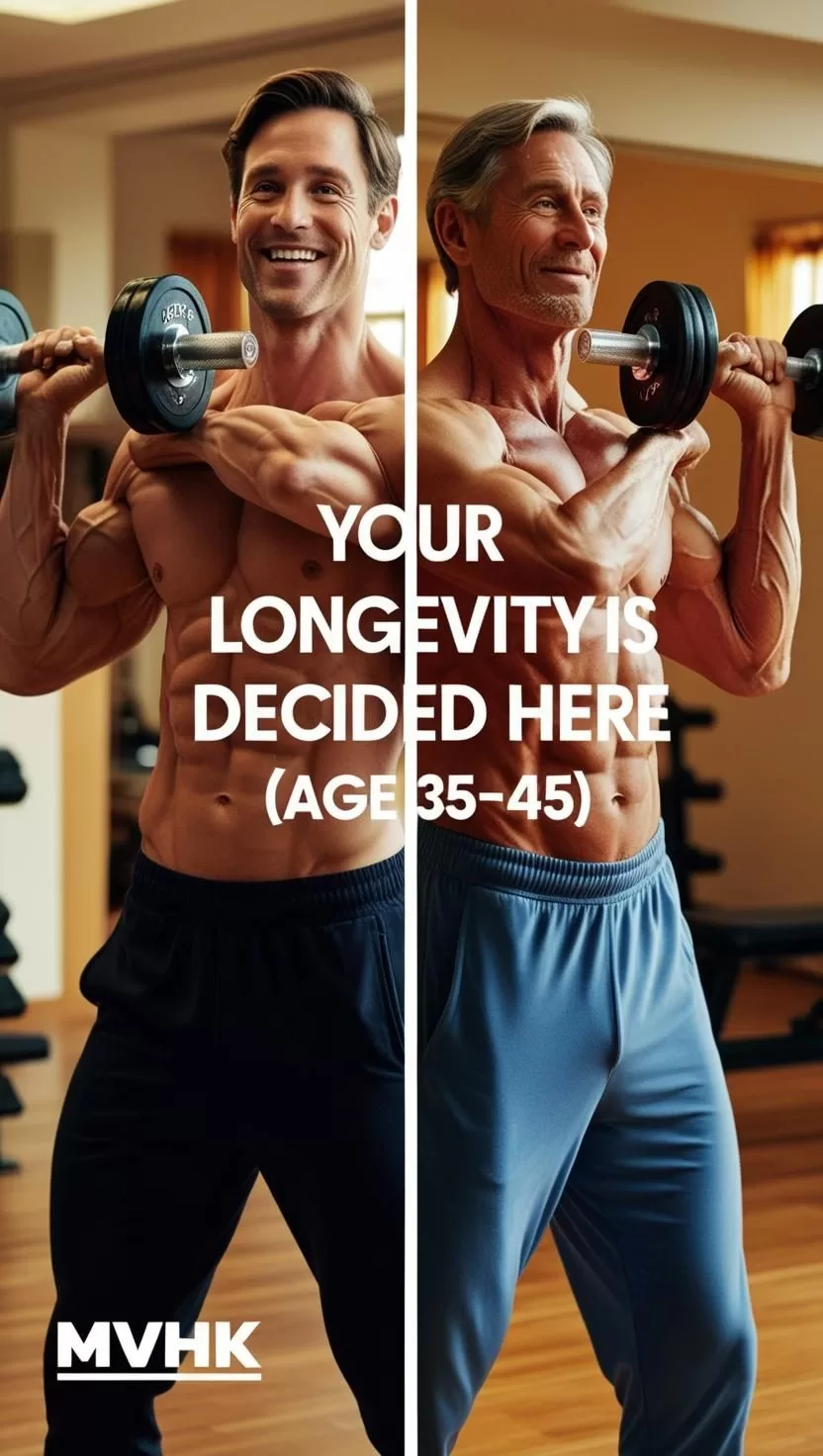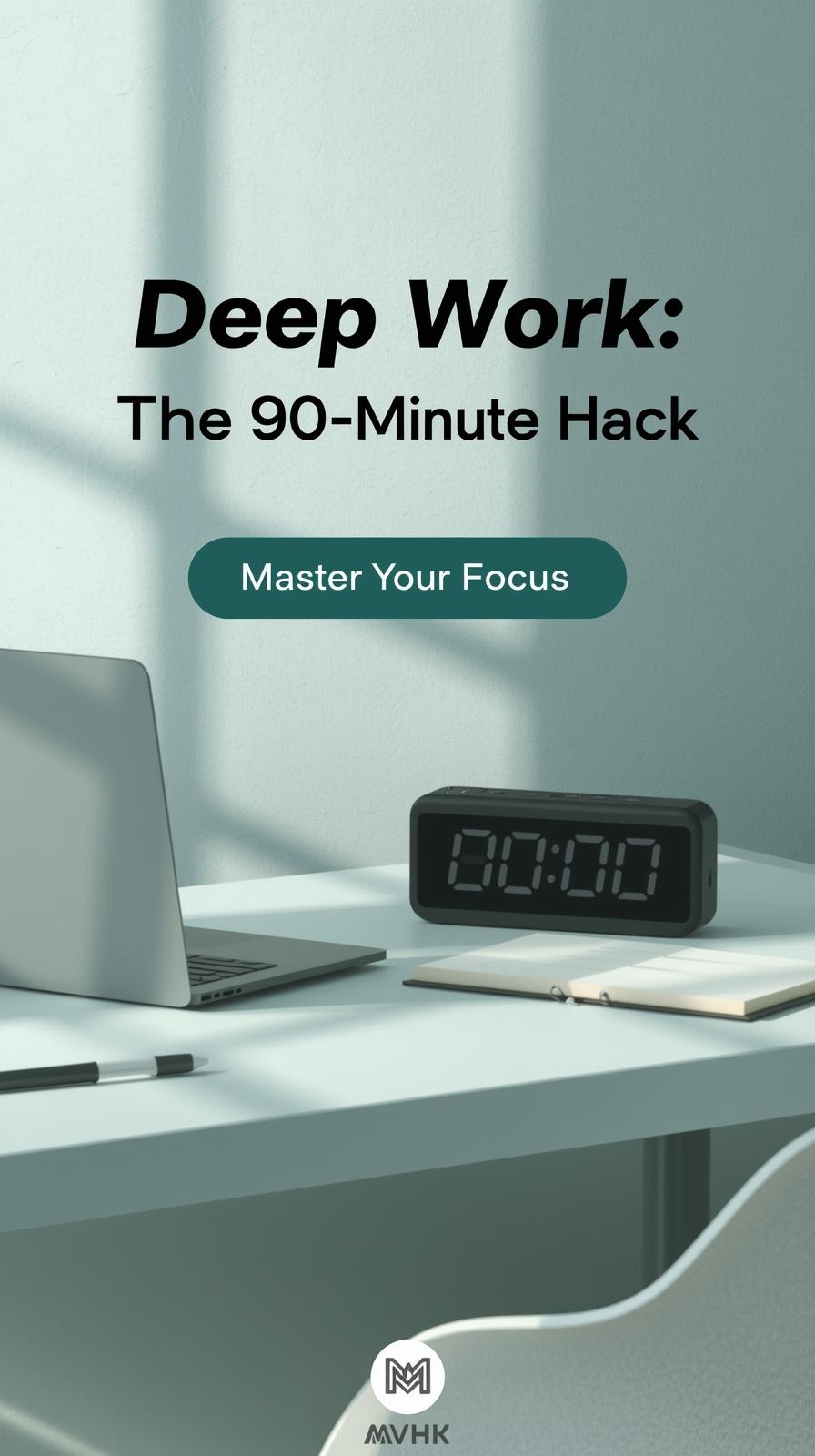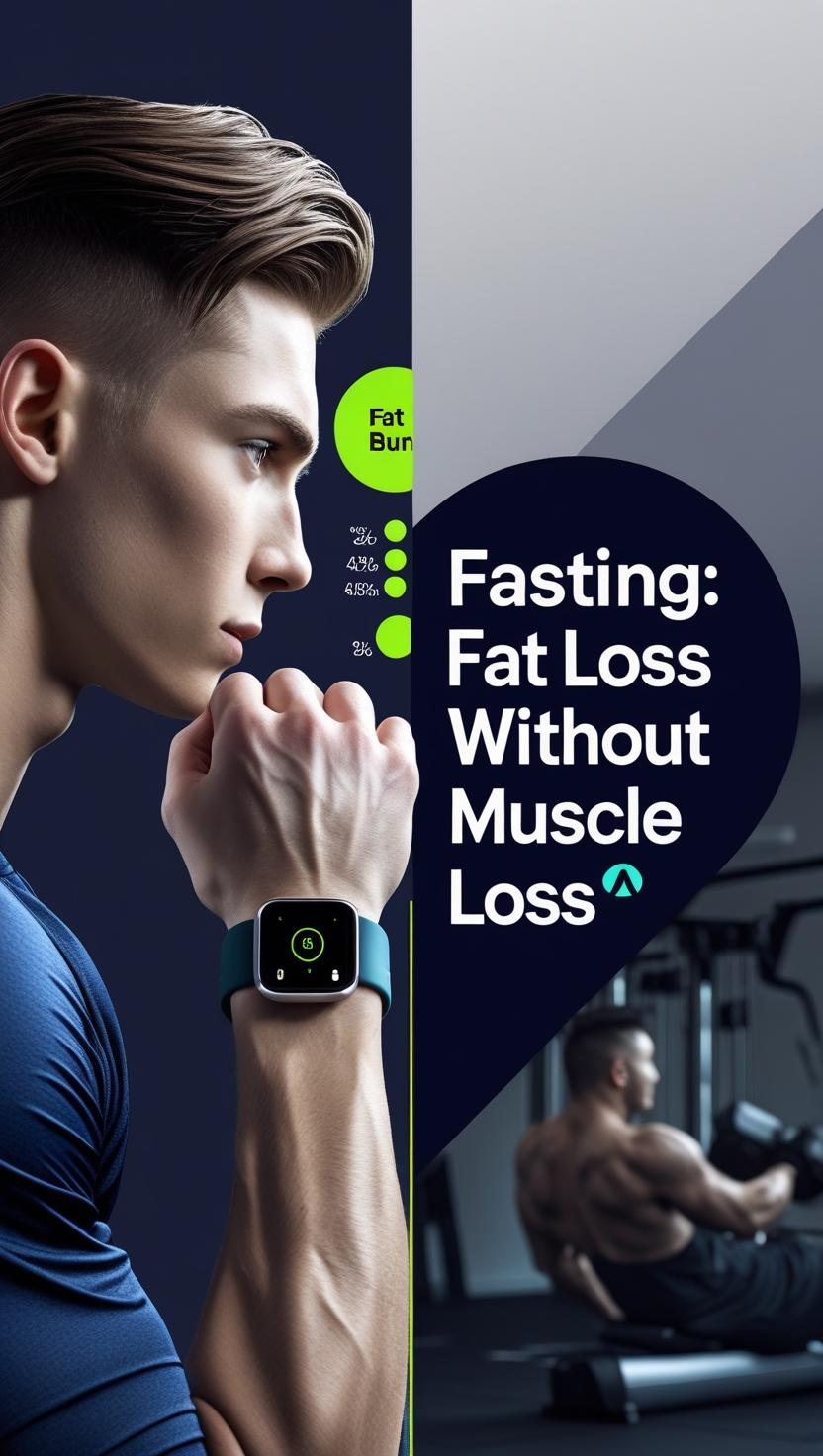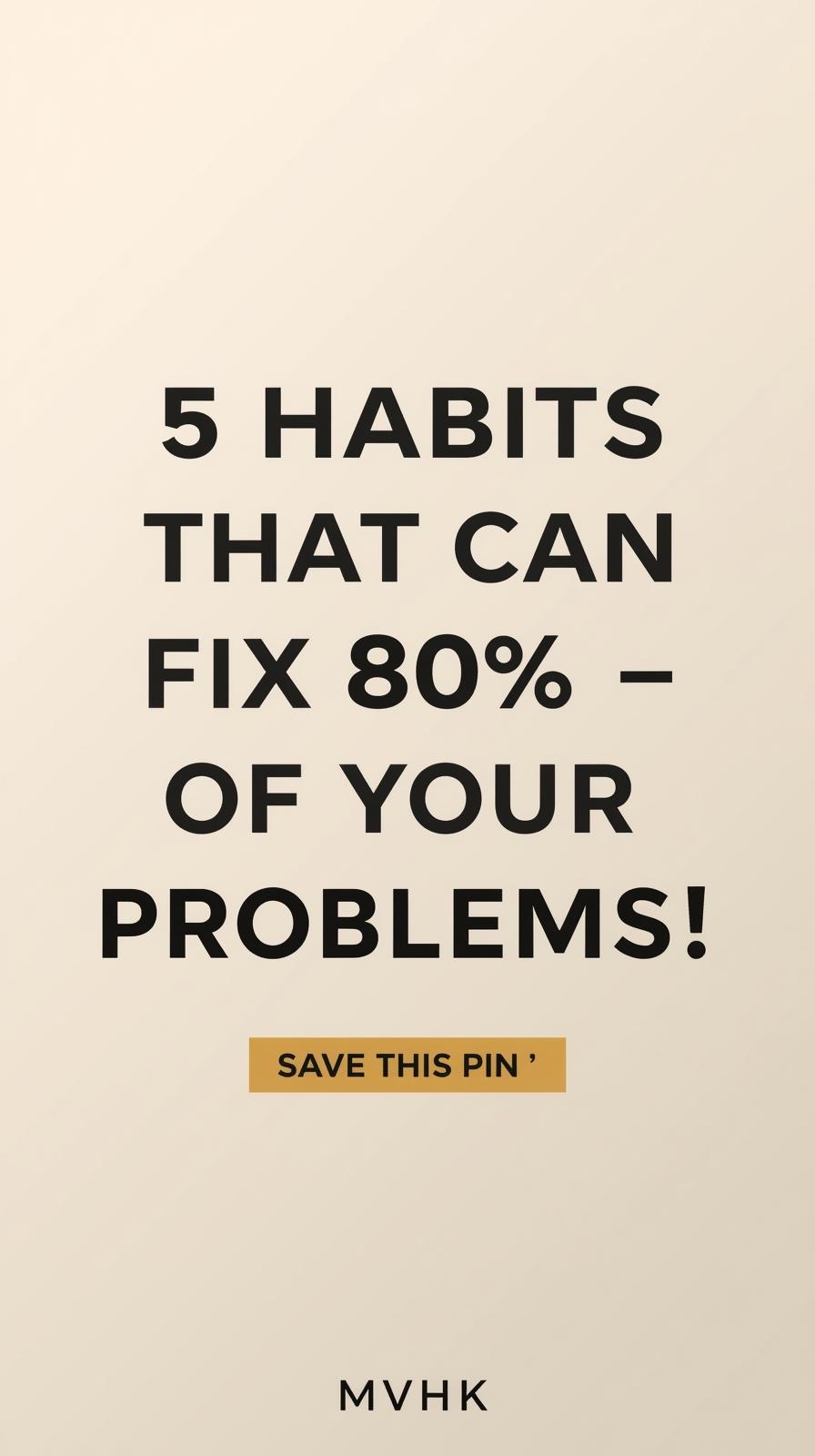The Longevity Window No One Warns You About: Age 35–45
Did you know that the most important decade for aging well may not be your golden years—but the years when you’re balancing careers, kids, and responsibilities? That’s right. Age 35 to 45 is the critical window when your future health is silently being shaped. The primary keyword: Longevity Window Age 35 to 45.
1️⃣ Your Biological Systems Start to Shift
🧠 Brain Health: Cognitive Reserve Peaks—Then Slides
Neuroscientific studies show your brain’s cognitive reserve begins to decline in your late 30s. That means if you’re not proactively stimulating your brain—through exercise, new skills, or diet—you’re silently reducing your mental resilience for decades to come.
➡️ Study on cognitive decline and aging
🦴 Bone Density Begins to Drop
Peak bone mass is reached by your early 30s. After that? You start to lose it—especially women. If you’re not doing resistance training or loading exercises in your 30s and early 40s, you’re setting yourself up for osteoporosis and fractures later on.
➡️ Harvard Health: Building Bone Density
2️⃣ Muscle and Metabolism Hit a Tipping Point
💪 Muscle Mass: Use It or Lose It
Sarcopenia—the age-related loss of muscle—starts around age 35. Without intervention, adults can lose 3–5% of muscle mass per decade. Resistance training and protein-rich diets are key.
Pro tip: Aim for at least 2 resistance workouts/week and 1.6g of protein per kg of body weight.
🔥 Metabolic Resilience Shrinks
Your ability to bounce back from dietary or exercise lapses declines. Insulin sensitivity drops, inflammation creeps in, and fat distribution shifts. Midlife belly fat? That’s more than vanity—it’s a predictor of chronic illness.
➡️ NIH on metabolism and aging
3️⃣ The Silent Slopes of Mental and Physical Decline
🧬 Hormonal Changes Sneak In
Testosterone, estrogen, and growth hormone begin to decline in this decade. While it’s not as dramatic as menopause or andropause, it does influence energy, recovery, libido, and mental health.
🛌 Recovery & Sleep Efficiency Diminish
Sleep fragmentation increases in your late 30s and early 40s—affecting mood, memory, and even metabolic function. Poor sleep now leads to a steeper health decline later.
✅ Conclusion: How to Get Started Today
You can radically alter your aging trajectory by taking these 5 steps today:
- Strength Train 2–3x/week
- Eat 25–30g protein per meal
- Get 7–9 hours of quality sleep
- Challenge your brain weekly
- Do mobility work + daily walks
Start now—not later. You’re not aging yet, you’re building the blueprint for how you’ll age.
🔍 FAQ
What age is most critical for aging well?
Ages 35 to 45 are crucial as this is when muscle, brain, bone, and metabolic health silently begin to decline—unless proactively supported.
Can I reverse aging effects if I’m already over 45?
Yes, while prevention is best, strength training, sleep, protein, and mental challenges can restore some vitality and slow further decline.
Is cardio enough for longevity?
Cardio is helpful but not sufficient. Resistance training is essential for preserving muscle, bone, and metabolic health.






